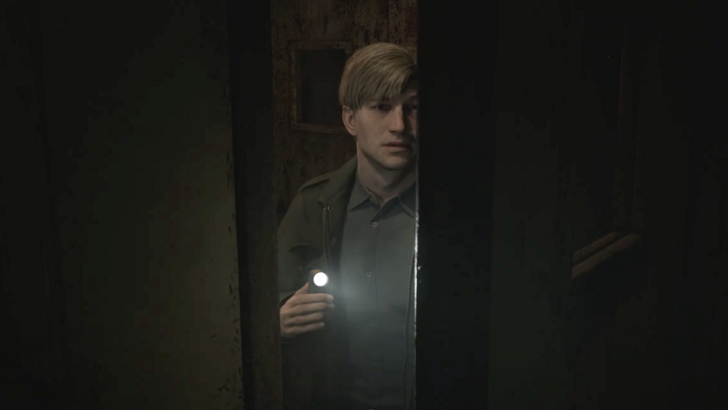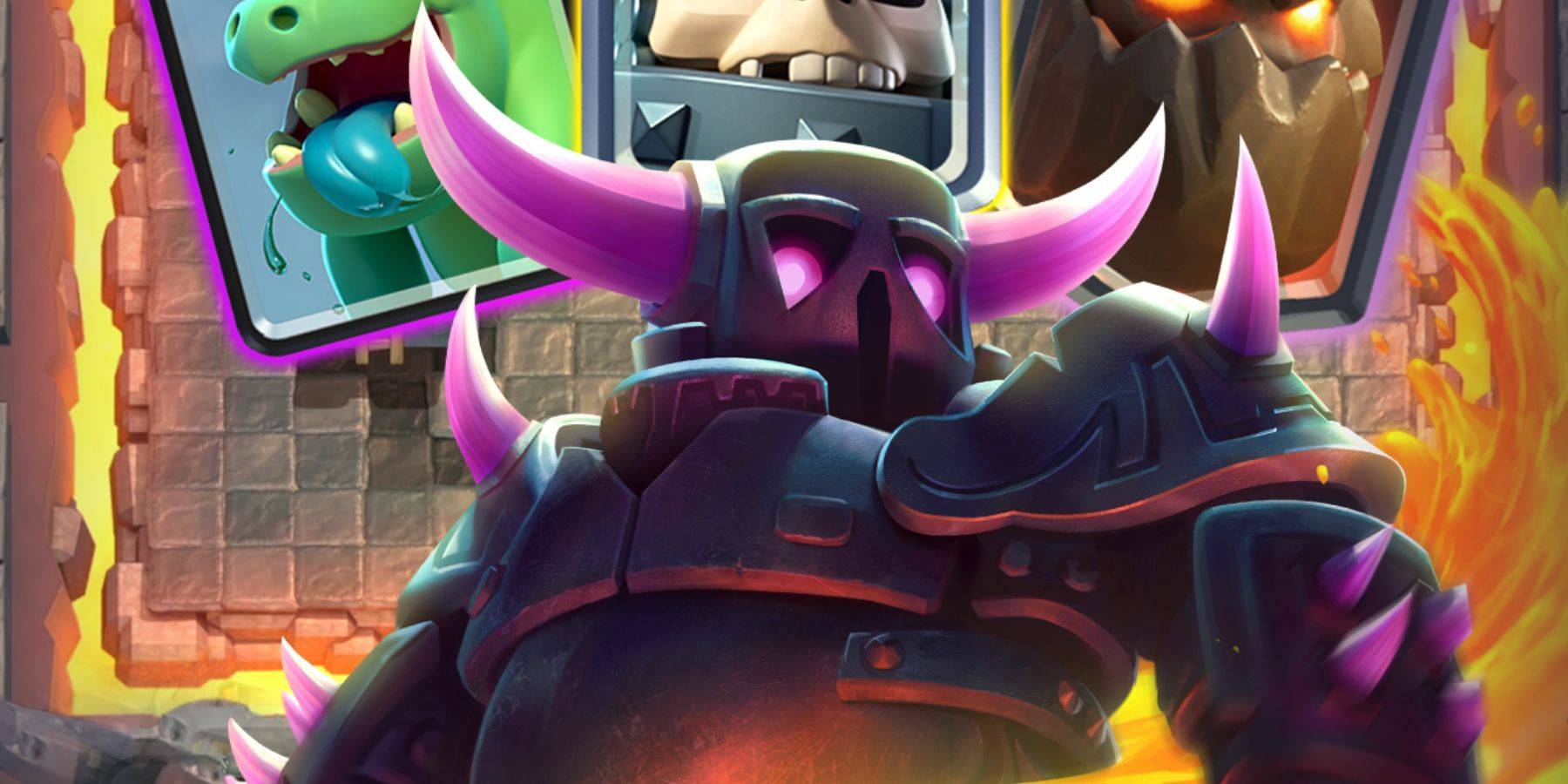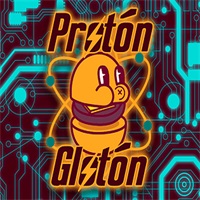"Assassin's Creed 2 and 3: The Pinnacle of Series Writing"
One of the most iconic moments in the entire Assassin’s Creed series unfolds early in Assassin’s Creed 3, where Haytham Kenway, having assembled his team in the New World, leads players to believe they are with assassins. Haytham's use of a hidden blade and his charismatic demeanor akin to Ezio Auditore, along with his heroic actions like liberating Native Americans and confronting British redcoats, crafts a compelling narrative twist. The revelation that he is a Templar, confirmed when he utters the phrase, "May the Father of Understanding guide us," brilliantly subverts player expectations.
This twist epitomizes the peak of Assassin’s Creed’s storytelling potential. The original game laid the groundwork with its intriguing premise of tracking and eliminating targets but struggled with character development. Assassin’s Creed 2 improved this with the beloved Ezio, yet the antagonists remained underdeveloped, notably Cesare Borgia in the spinoff, Assassin’s Creed: Brotherhood. It wasn't until Assassin’s Creed 3, set during the American Revolution, that Ubisoft fully fleshed out both the hunter and the hunted, creating a seamless narrative flow and a perfect balance of gameplay and story unmatched by subsequent titles.

Despite the popularity of the current RPG-centric era of Assassin’s Creed, many fans and critics argue that the series is in decline. Opinions vary on the causes, from the fantastical elements like battling gods such as Anubis and Fenrir, to the inclusion of romance options and the introduction of historical figures like Yasuke in Assassin’s Creed Shadows. However, I believe the core issue lies in the shift away from character-driven narratives, which have become overshadowed by expansive sandbox elements.
Over the years, Assassin’s Creed has evolved from its action-adventure roots, incorporating RPG and live service elements such as dialogue trees, XP systems, loot boxes, microtransactions, and gear customization. While these additions have expanded the game's scope, they have also diluted the storytelling, making the newer titles feel less impactful despite their increased content. For instance, while Assassin’s Creed Odyssey offers more content than Assassin’s Creed 2, much of it feels less polished and immersive.
The shift to more interactive elements has led to scripts that attempt to cover multiple scenarios, resulting in a loss of character depth and narrative focus. The earlier, more linear scripts allowed for well-defined characters, a quality that the sprawling, player-driven narratives of recent games struggle to maintain. This is evident in the contrast between the rich character interactions of the Xbox 360/PS3 era and the more generic interactions in newer titles. Iconic moments, such as Ezio’s defiant speech after defeating Savonarola or Haytham’s poignant final words to his son Connor, showcase the depth of writing that the series once achieved:
*"Don't think I have any intention of caressing your cheek and saying I was wrong. I will not weep and wonder what might have been. I'm sure you understand. Still, I'm proud of you in a way. You have shown great conviction. Strength. Courage. All noble qualities. I should have killed you long ago."*

The narrative complexity has also suffered. Modern games often oversimplify the moral dichotomy between Assassins and Templars, whereas earlier titles like Assassin’s Creed 3 delved into the gray areas, challenging players' perceptions. Each Templar's final words to Connor prompt introspection about the nature of their conflict, from William Johnson’s claim that the Templars could have prevented the Native American genocide to Benjamin Church's assertion that perspective shapes one's view of history.
Haytham’s attempts to undermine Connor’s trust in George Washington further blur the lines between good and evil, especially when it's revealed that Washington, not Charles Lee, ordered the burning of Connor’s village. This ambiguity leaves players with more questions than answers, enhancing the narrative depth.
Reflecting on the series' history, the track "Ezio’s Family" from Assassin’s Creed 2, composed by Jesper Kyd, became the series' theme because it resonated with players on a personal level, embodying Ezio’s emotional journey rather than merely the game's setting. While I appreciate the expansive worldbuilding and visual prowess of the newer Assassin’s Creed games, I yearn for the series to return to its roots with focused, character-centric stories. In an industry favoring expansive sandboxes and live service models, however, such a return might not align with current business strategies.
- 1 Roblox Game Codes Updated: April 2025 May 13,2025
- 2 The Best Gaming PC of 2025: Top Prebuilt Desktops Mar 26,2025
- 3 Roblox: Warrior Cats: Ultimate Edition Codes (January 2025) Feb 12,2025
- 4 Tips to Conquer the Dragon Quest III: HD-2D Remake Feb 21,2025
- 5 Fortnite: Chapter 6 Season 1 NPC Locations Feb 13,2025
- 6 Pokémon Go Is Celebrating New Year’s 2025 with Festive Fireworks and More! Jan 03,2025
- 7 Culinary Journey Thrives for Six Jan 01,2025
- 8 How To Fix Common Marvel Rivals Error Codes Feb 20,2025
-
Unique Wallpaper Apps for Every Style
A total of 10
-
Top Beauty Trends for This Season
A total of 10
-
Ultimate Baseball Games for Android
A total of 10






























